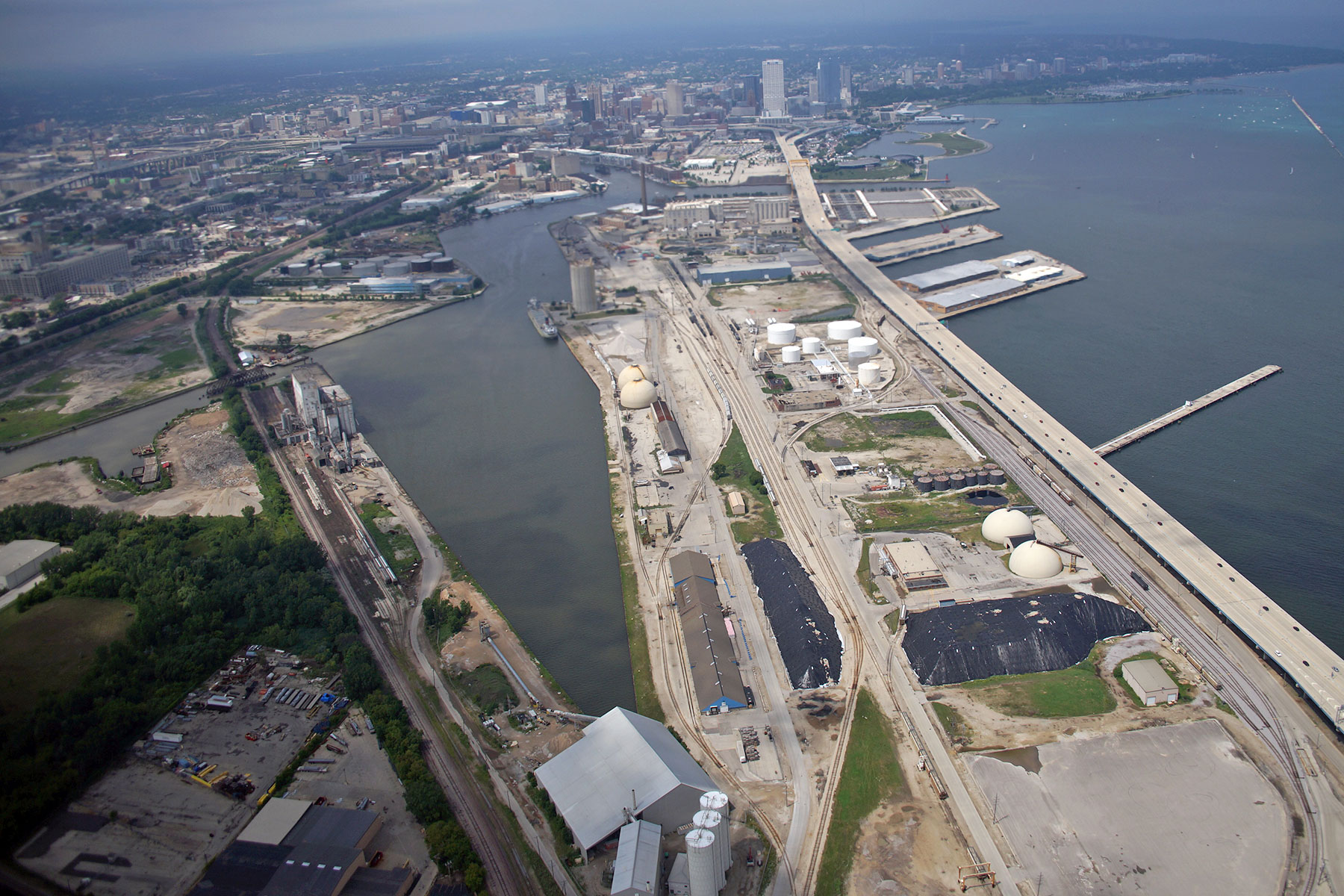
A new report from the Brookings Metropolitan Policy Program argues that initiatives to support and grow industry clusters remain a potentially powerful strategy to jumpstart local economic growth, but only if certain market and civic fundamentals are in place.
The report, Rethinking Cluster Initiatives, by Ryan Donahue, Brookings fellow Joseph Parilla, and Brookings nonresident senior fellow Brad McDearman, takes a fresh look at the concept of industry clusters—groups of firms that gain a competitive advantage through local proximity and interdependence—and offers practical guidance for metropolitan leaders considering investments in cluster initiatives, drawing on five in-depth case studies. The Water Council is cited as a successful model and national case study.
“We are honored to be showcased as a model of a successful industry cluster and would like to credit this recognition to a remarkable team and partners that have helped take our solid industry foundation and build us into a recognized world water hub,” said Dean Amhaus, president and CEO of The Water Council. “Too often the term ‘cluster’ is loosely used to encompass many good intentions so I commend Brookings for truly capturing what it takes to be a viable cluster as it requires a great deal of forethought, patience, commitment, collaboration, and, just as the report references, sometimes it is more an art than science.”
According to the report’s authors, regions grow based on their ability to provide environments where firms want to cluster and concentrate, and therefore cluster initiatives offer one justifiable foundation to lay long-term economic development strategies. But implementing cluster initiatives is challenging. It requires significant institutional and financial commitment, and local, regional, and state leaders must correctly identify industry specializations, prioritize investments in them, and organize strong public-private partnerships to facilitate and sustain cluster initiatives as a long-term economic development strategy.
Accordingly, the report aims to help regional leaders confidently and knowledgably pursue cluster initiatives where they make sense; and where they do not, recognize that there are potentially equally powerful alternatives. The authors note five distinct traits of successful cluster initiatives, which are focused on establishing a robust ecosystem, not job gains; industry-driven, university-fueled, government-funded; placing a collective big bet on a unique opportunity; championed by passionate, dedicated leaders; and anchored by a physical center.
“Milwaukee’s water technology hub represents one of the national models for identification and implementation of a cluster initiative. What really stands out to me is that it positions the region at the center of solving a critical global challenge, provides Milwaukee with a new and compelling foothold in a fast changing economy, and represents a highly collaborative economic development effort that is industry driven, university fueled, and government funded,” said co-author Brad McDearman. “Further, it is a true branding effort that goes well beyond basic promotion. Significant investments have been made to ensure the local water technologies ecosystem matches the bold claim that Milwaukee is one of the world’s leading water centers.”
© Photo
Lee Matz














